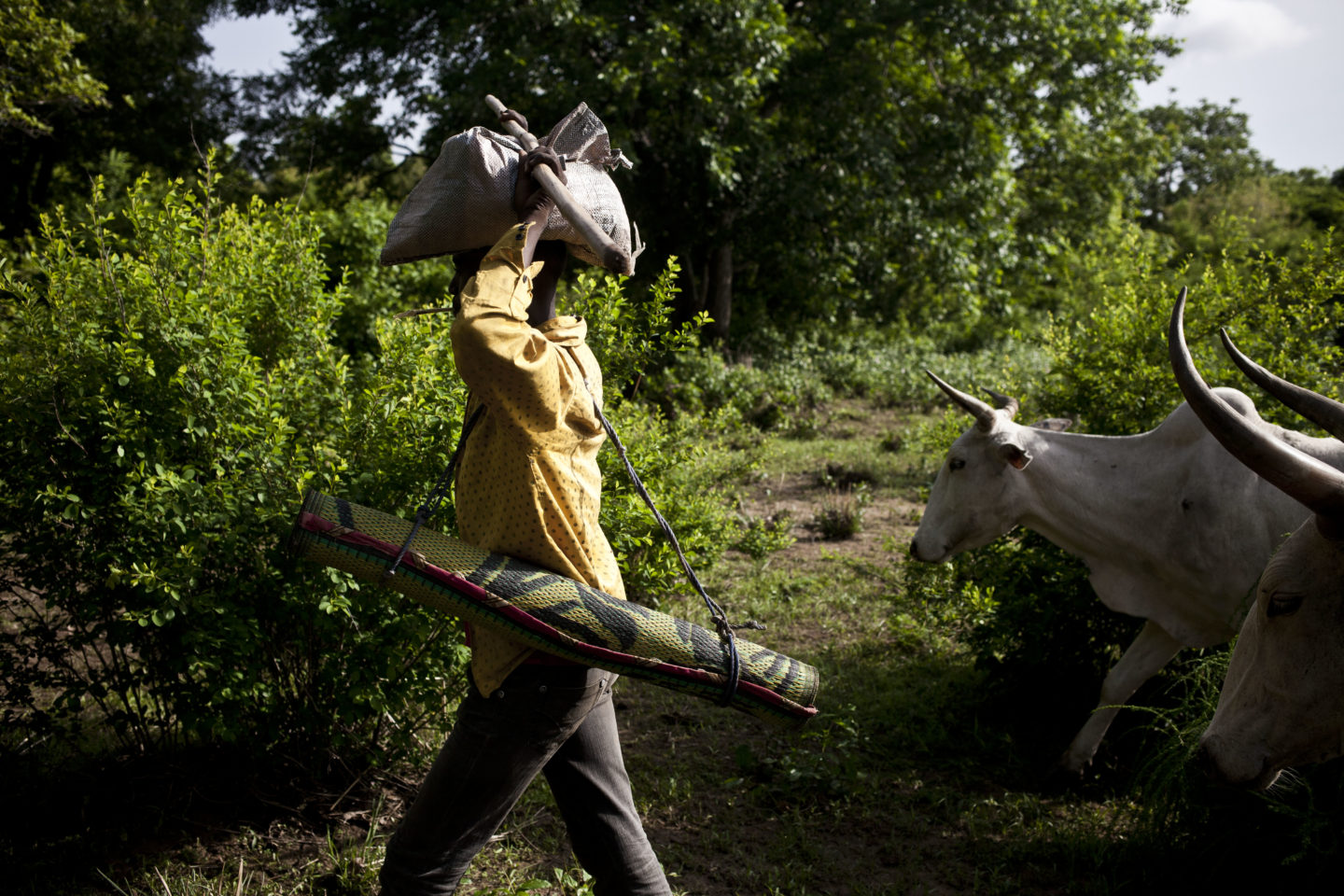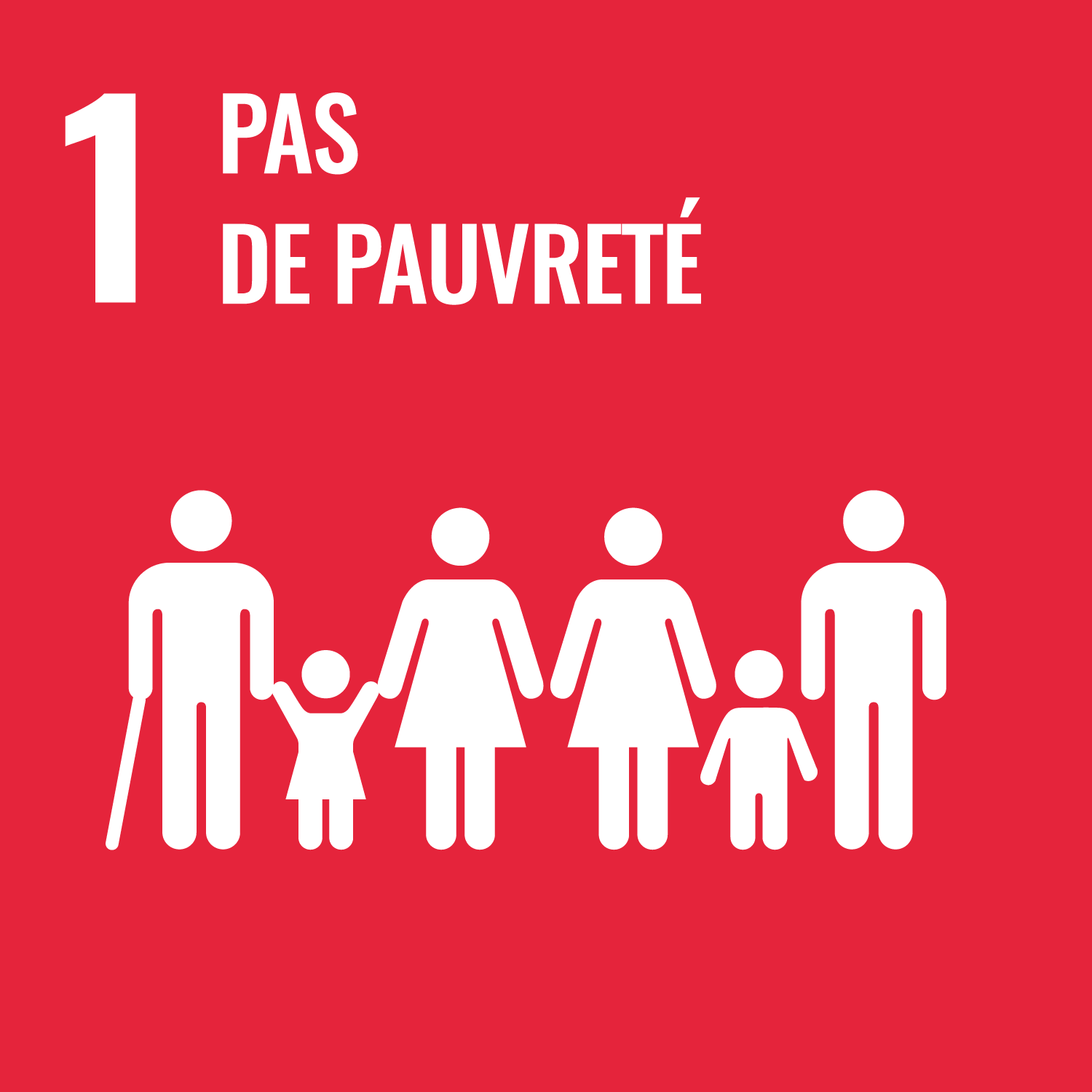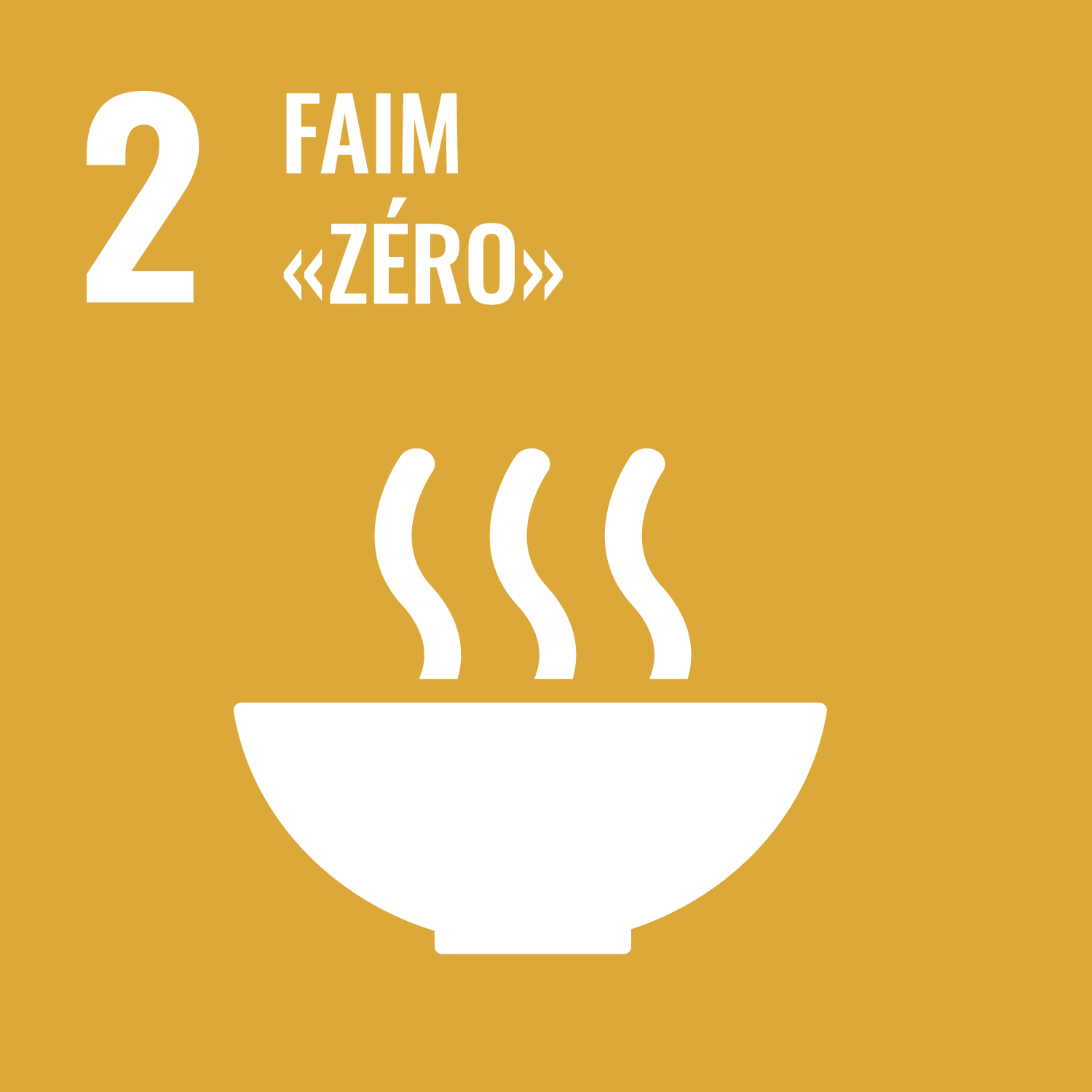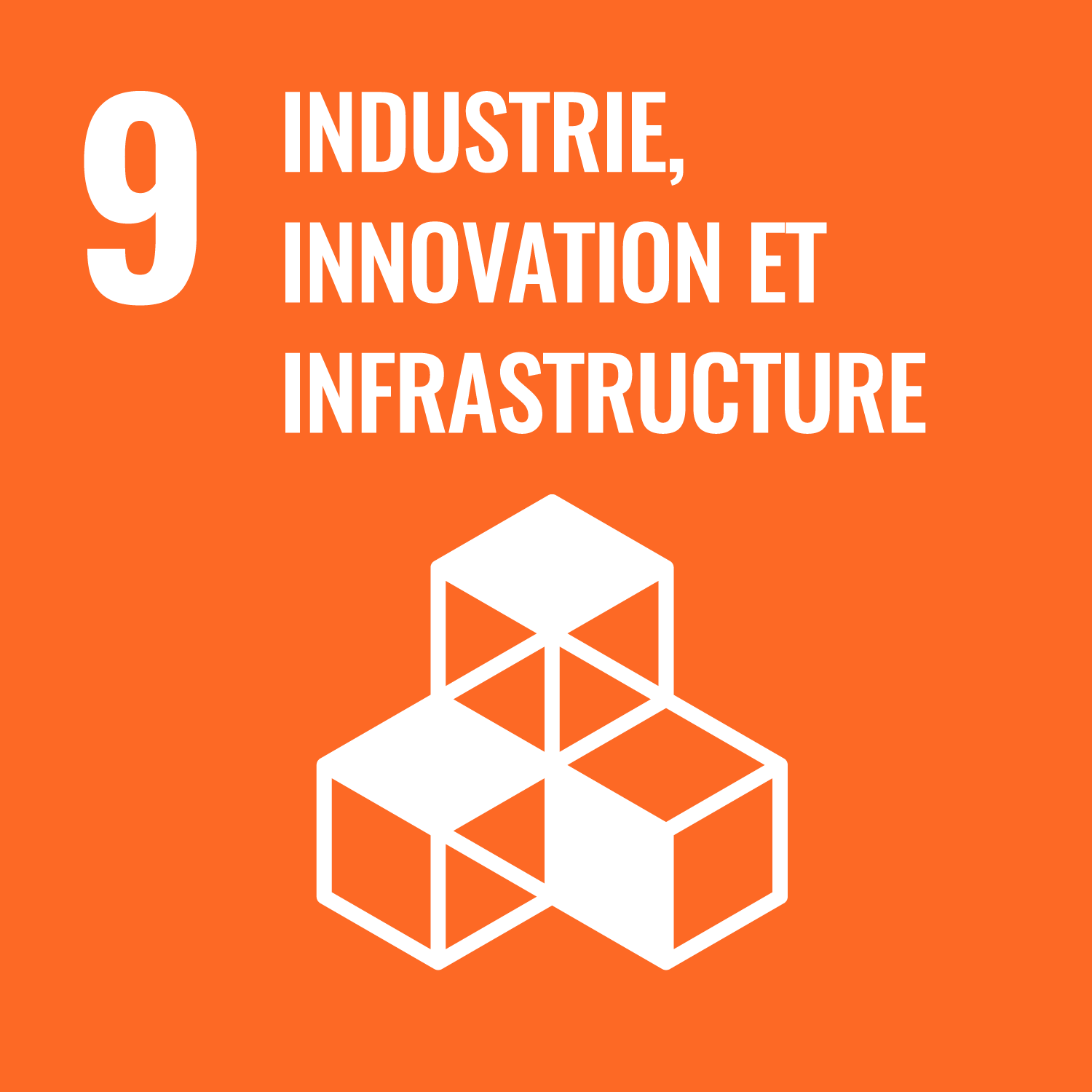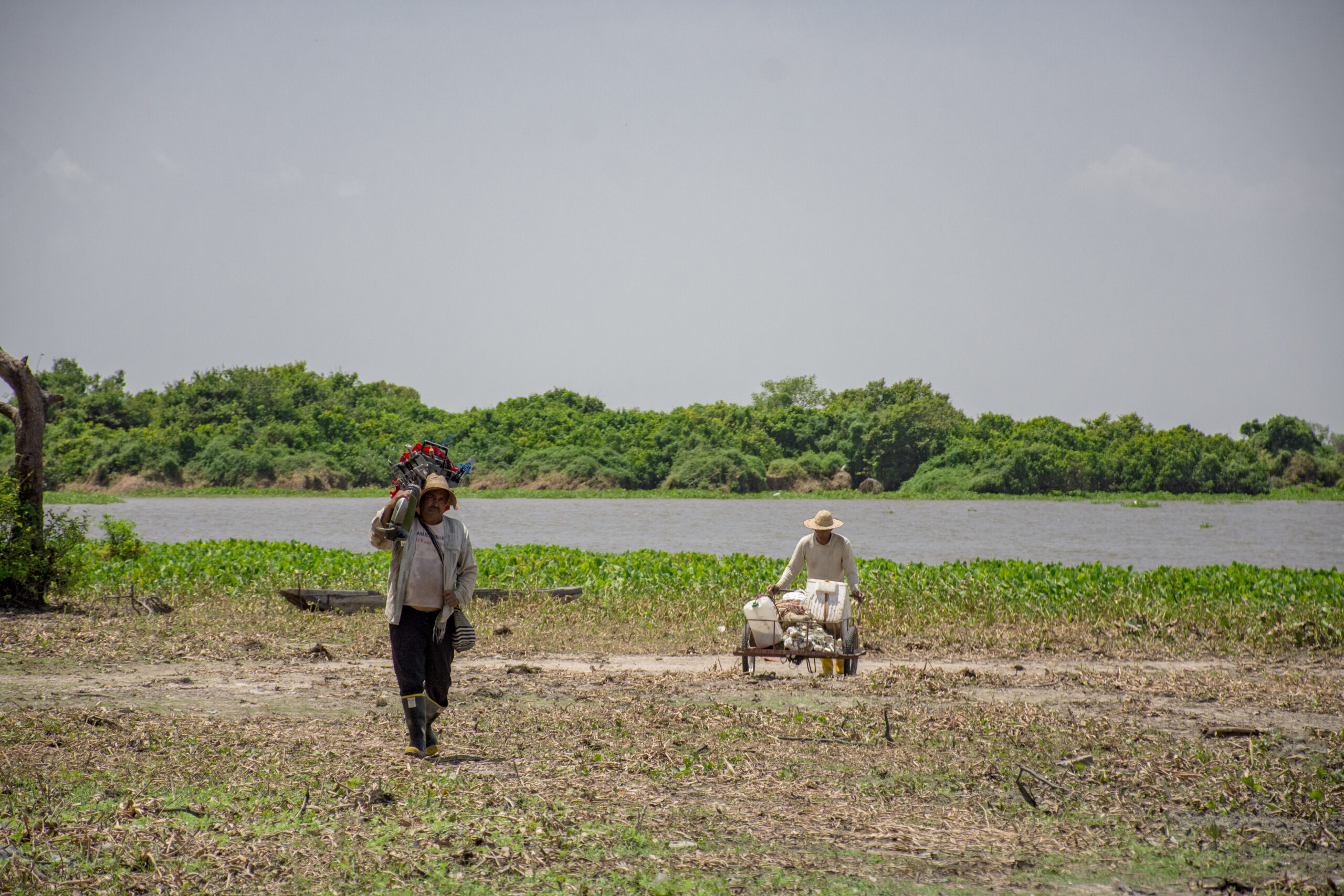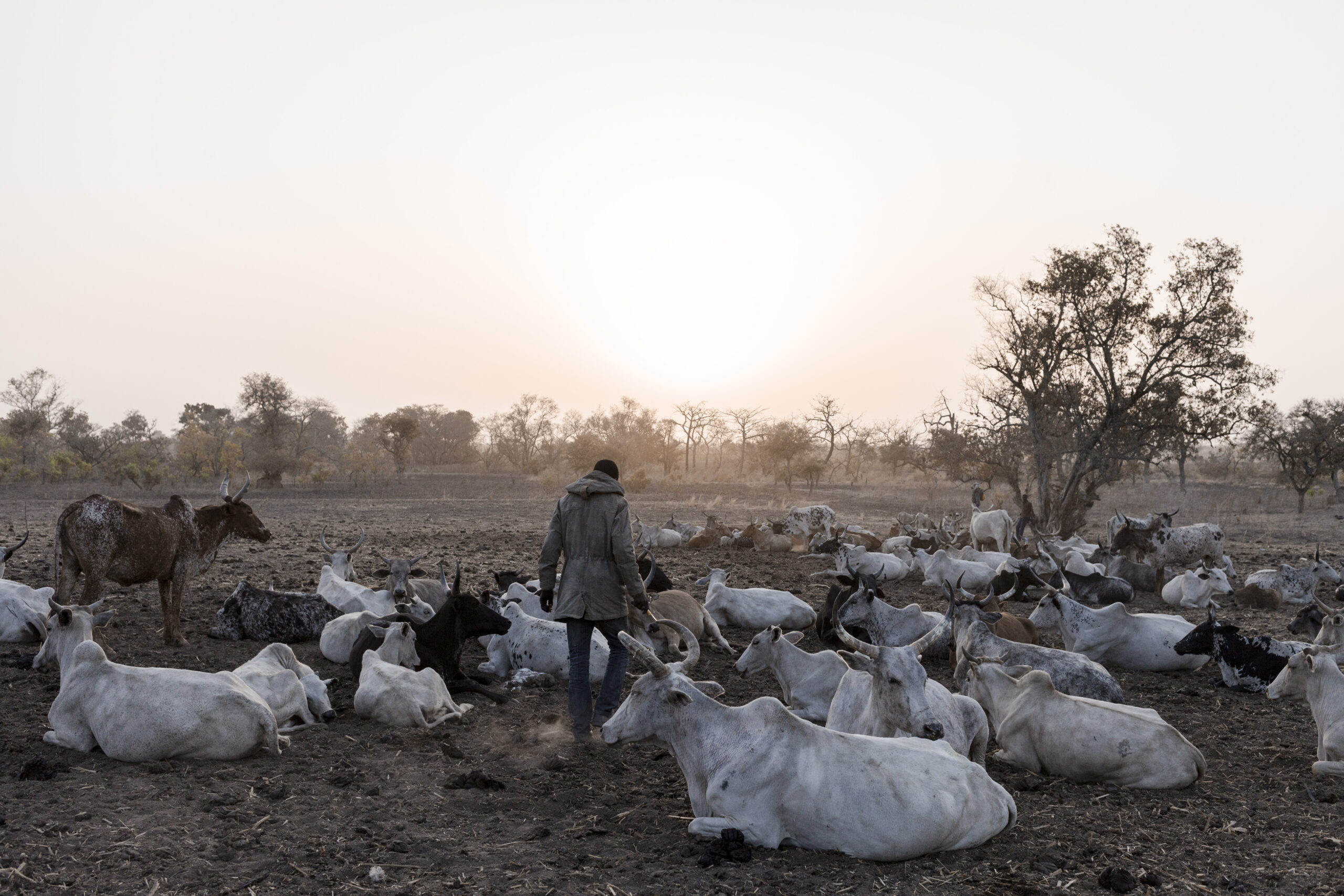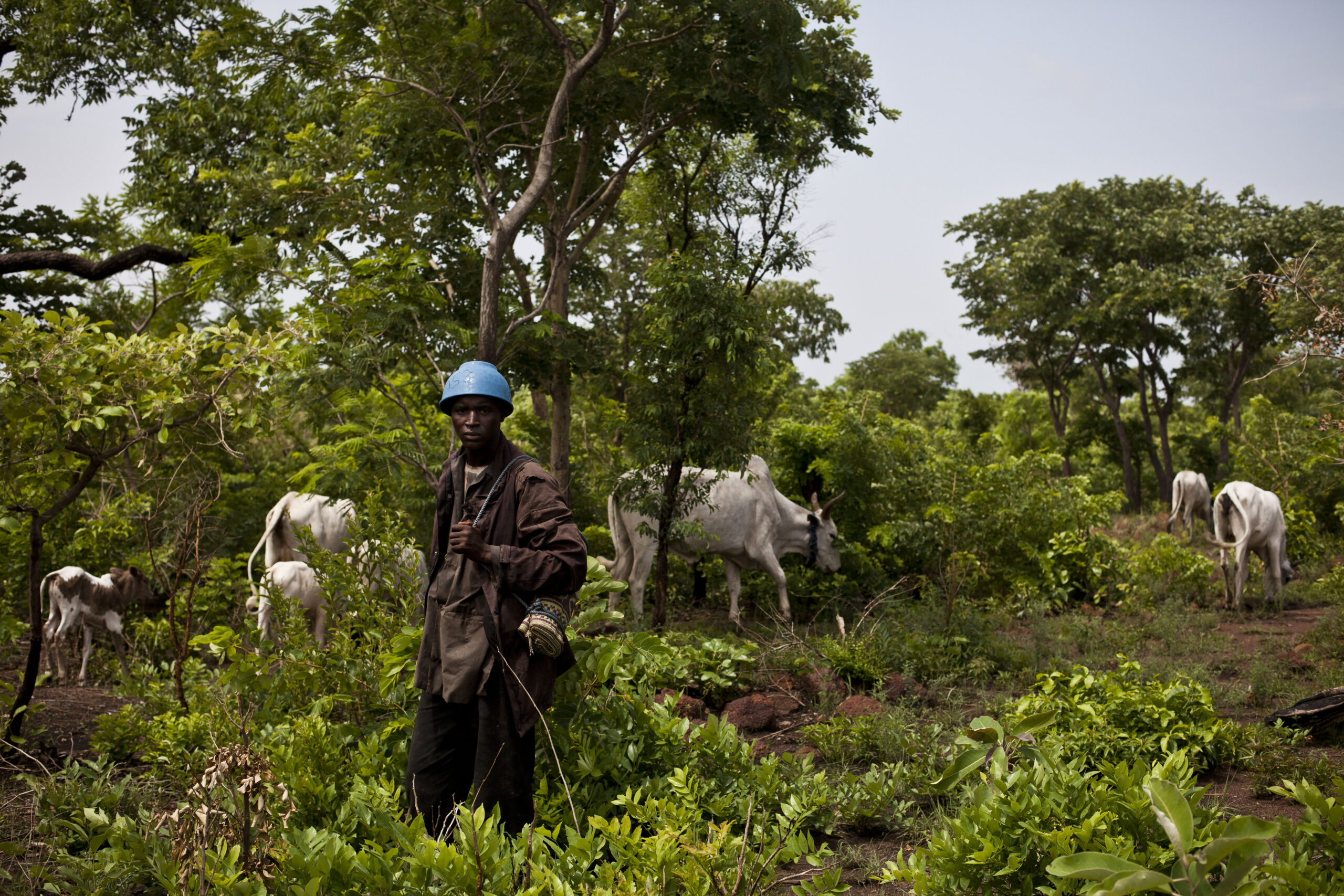10,000 pastoral families among those most affected by the security and climate crisis
Most of the analyses [1] make three main observations explaining the rise of violent extremism in the border regions of northern Burkina Faso :
- tensions and conflicts at the local level, particularly concerning the use of resources, are instrumentalized by violent extremist groups
- it is often economic and social circumstances that push young people towards extremism much more than adherence to an extreme religious ideology
- if agropastoralism is the primary activity of the majority of the populations in these areas, the pastoral component is not always taken into account by development projects.
PROJECT OVERVIEW
The PASRAP project is based on this threefold observation. Its main objective is to strengthen social cohesion and socio-economic stability in strategic cross-border territories weakened by the security and climate crisis in order to contain the instrumentalization of local conflicts, reduce tensions over the use of resources and develop the economy of the territories. The project has a direct and positive impact on income, food security, nutrition and social networks, thus avoiding a slide towards radicalisation.
It supports inter-community and multi-stakeholder dialogue in order to prevent and peacefully resolve dissension. Activities support the resilience of at least 10,000 pastoral and agro-pastoral households by increasing the productivity of their livestock.
The methodology employed includes capacity building based on the establishment of informed multi-stakeholder debates. PASRAP targets the strengthening of pastoral and agro-pastoral sector actors but also of all producers and local authorities. Tensions and conflicts around access to resources are eased through the implementation of strategic developments (secure and developed tracks, hydraulic developments, joint management systems for developments, improved access to livestock markets, etc.).
OBJECTIVES
- Strengthen social cohesion through the implementation of informed debates between the key players in the sector.
- To train the technical staff of Civil Society Organisations, Local Authorities and Technical Services, of inter-community dialogue spaces, and of community watch systems on the social and economic stakes of the territories.
KEY FIGURES AND RESULTS
- Social cohesion is strengthened through the establishment of spaces for dialogue and consultation on the social and economic issues of the territories.
- Tensions and conflicts over access to resources are eased through the implementation of strategic developments.
- The socio-economic situation of the populations is improved and the sector is enhanced for a social appeasement.
1] (International Crisis Group 2017, Nsaibia, H and W Caleb 2018, Loada and Romaniuk 2014)
